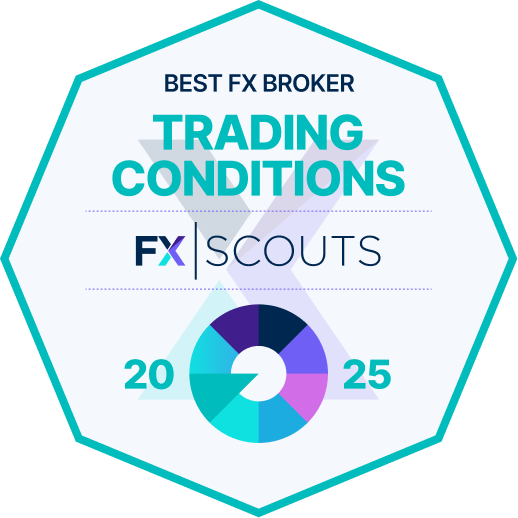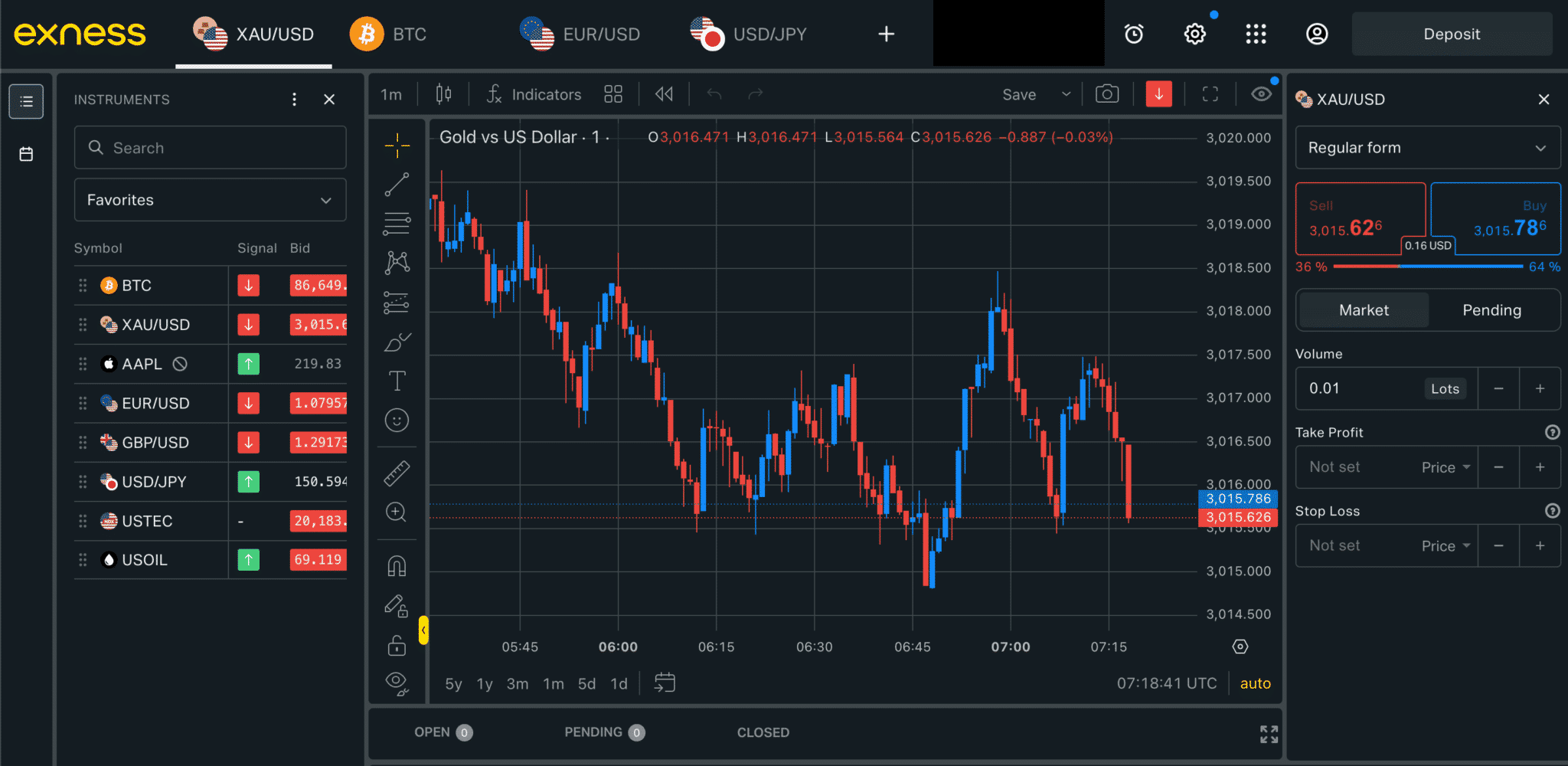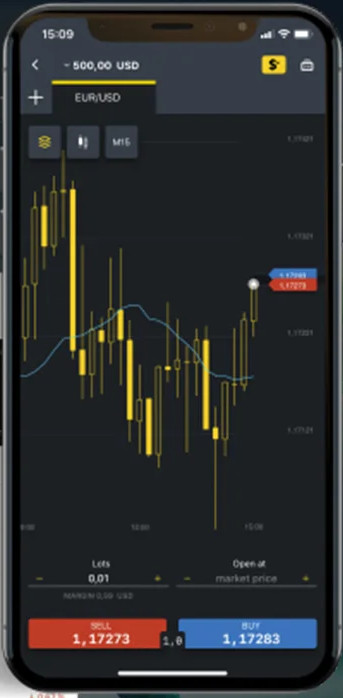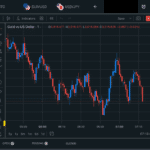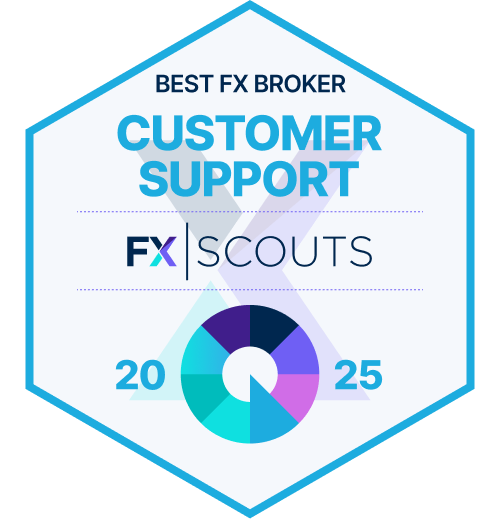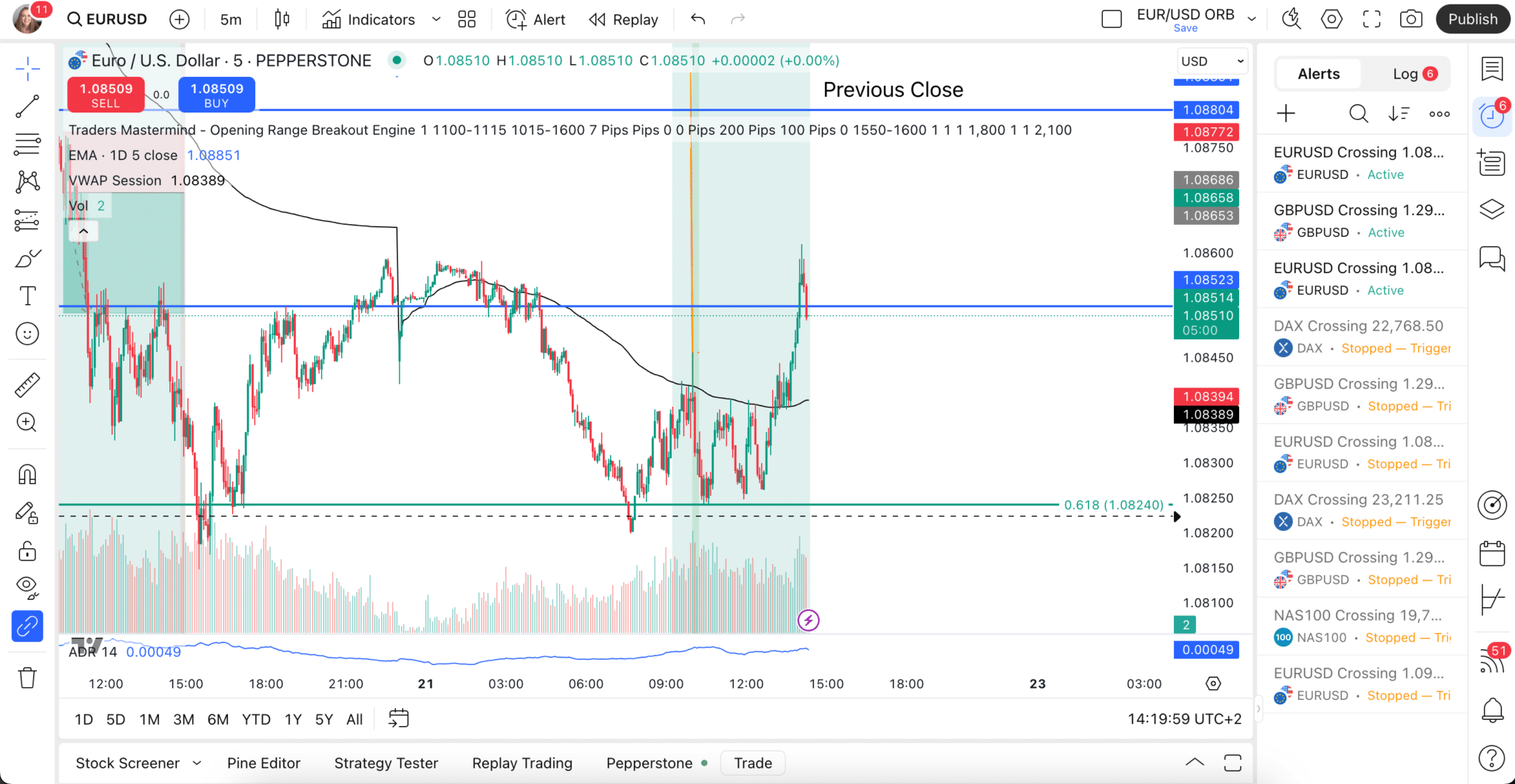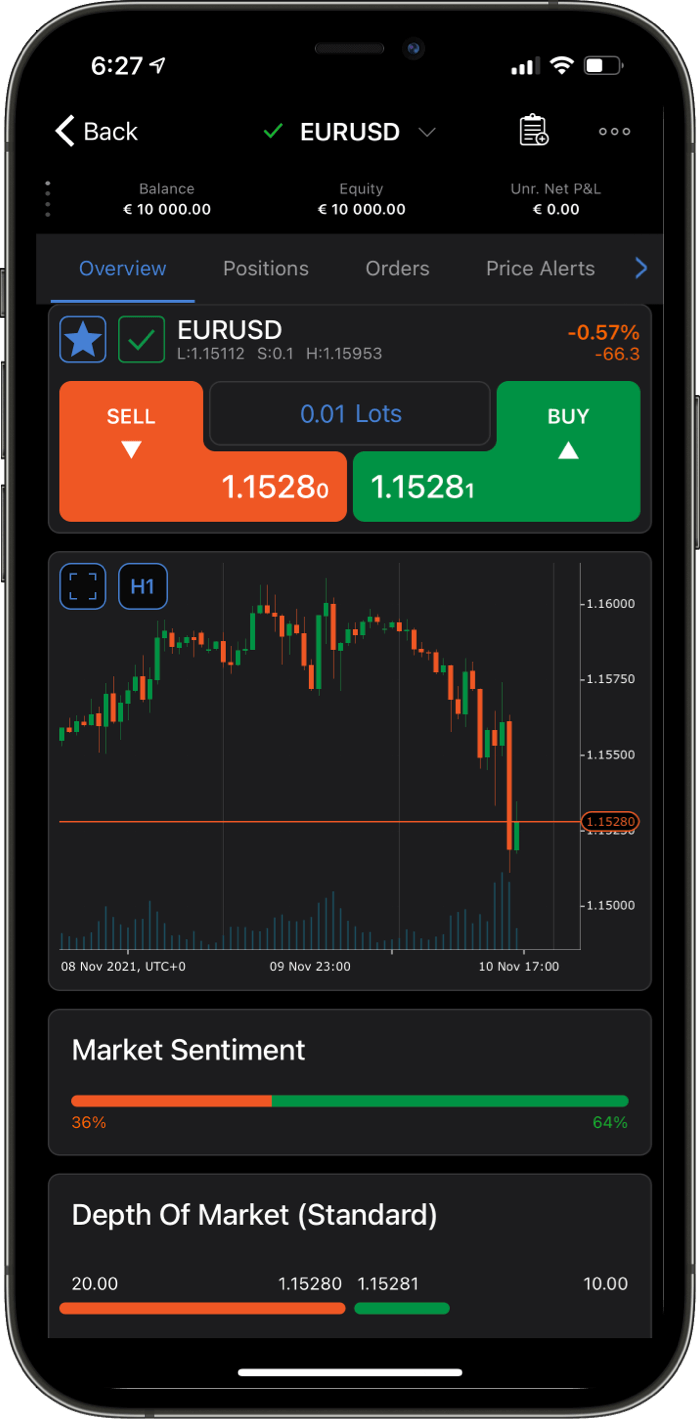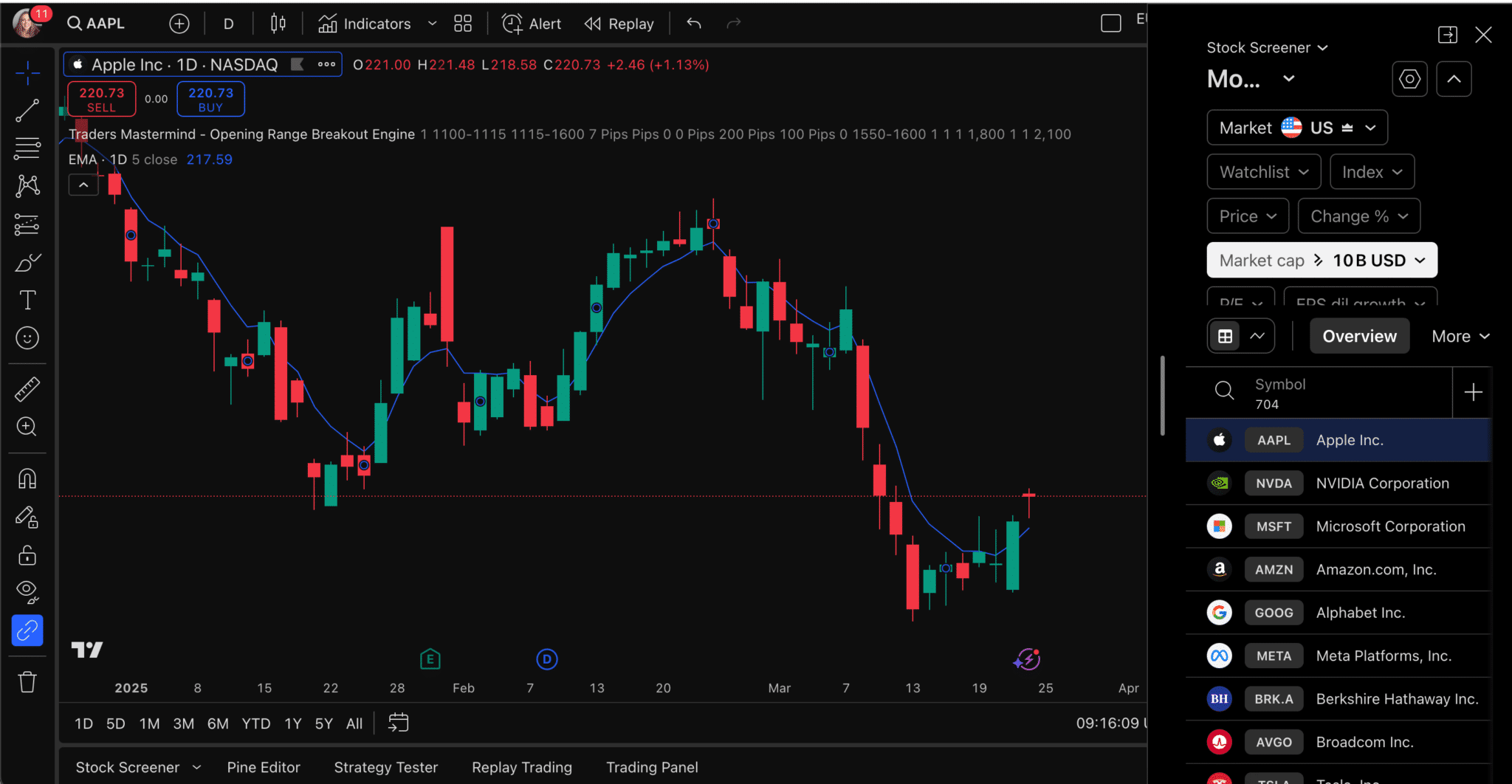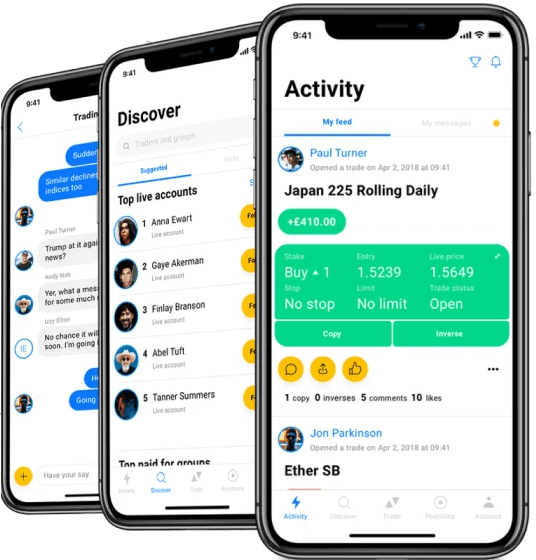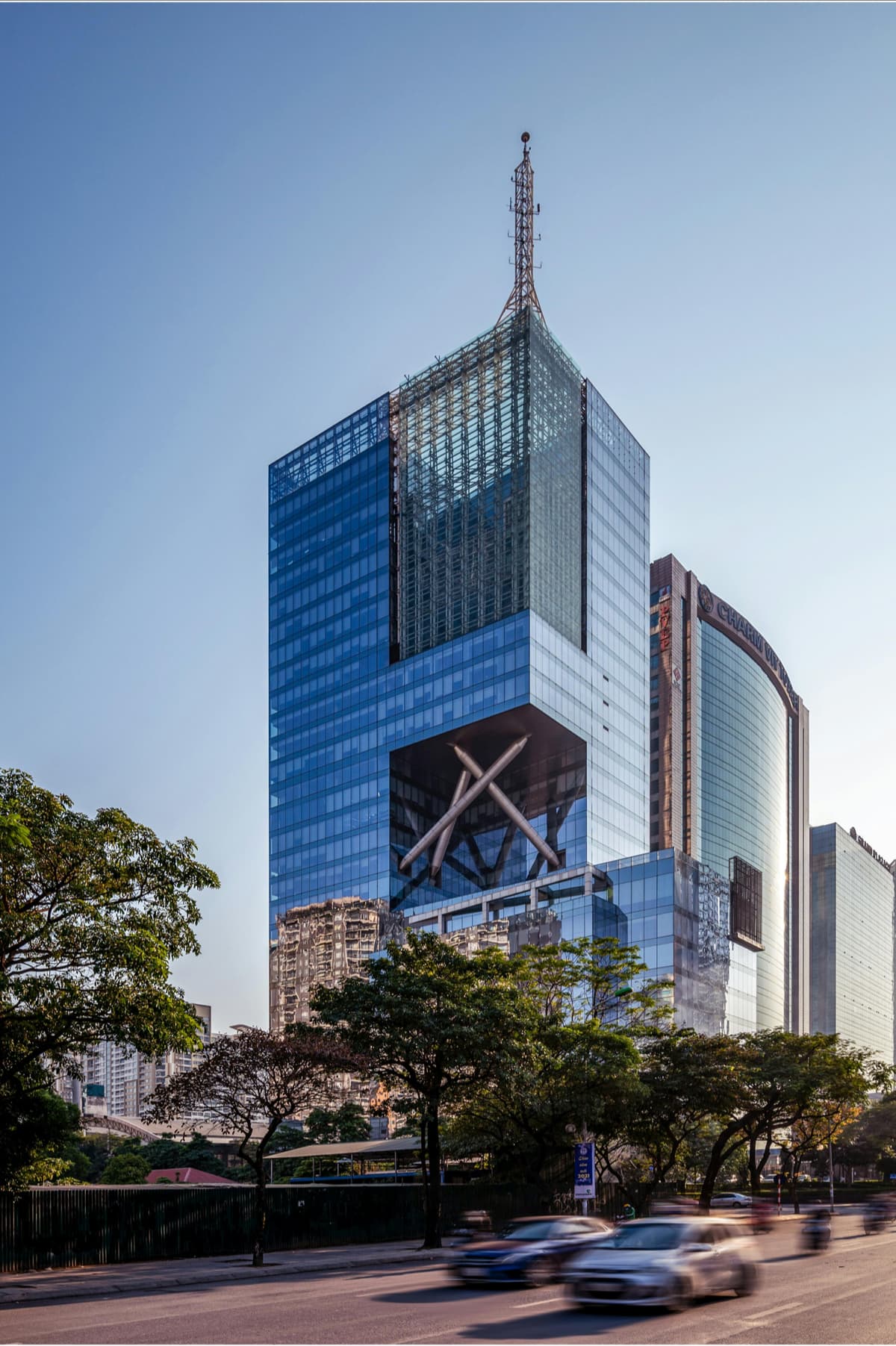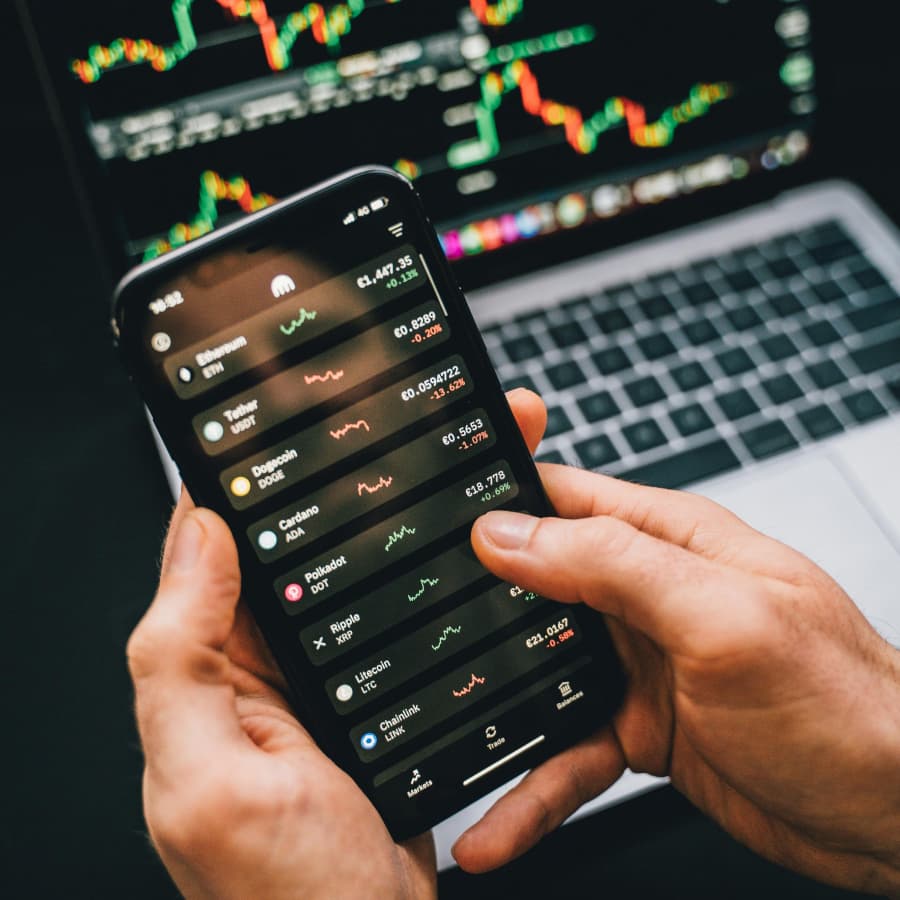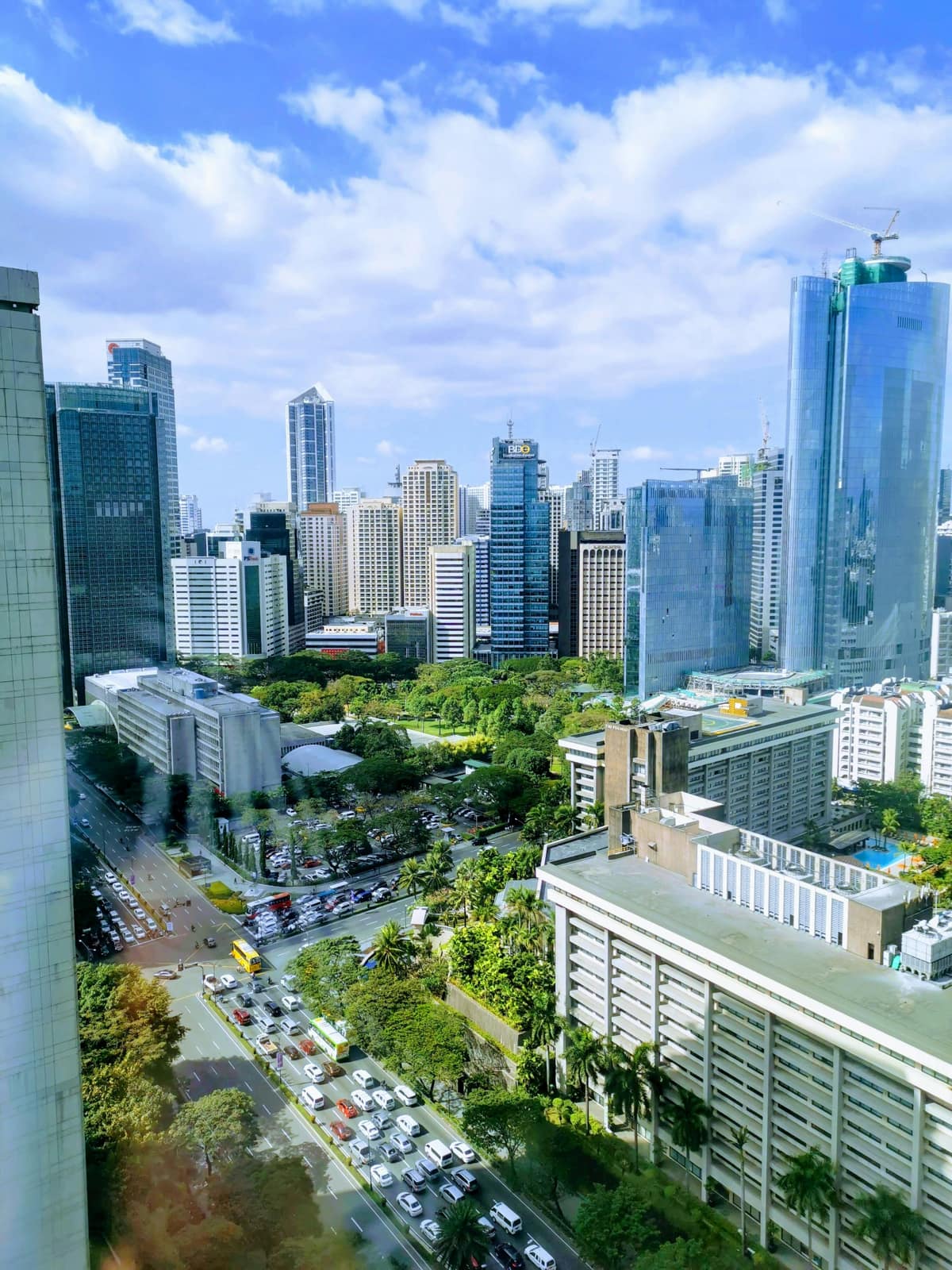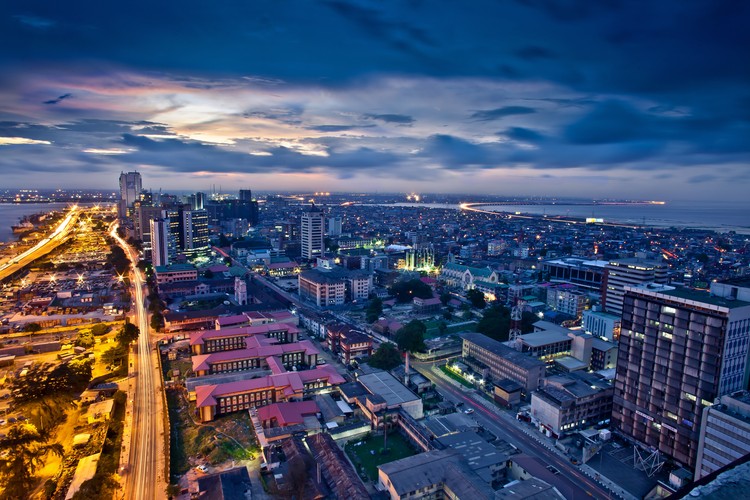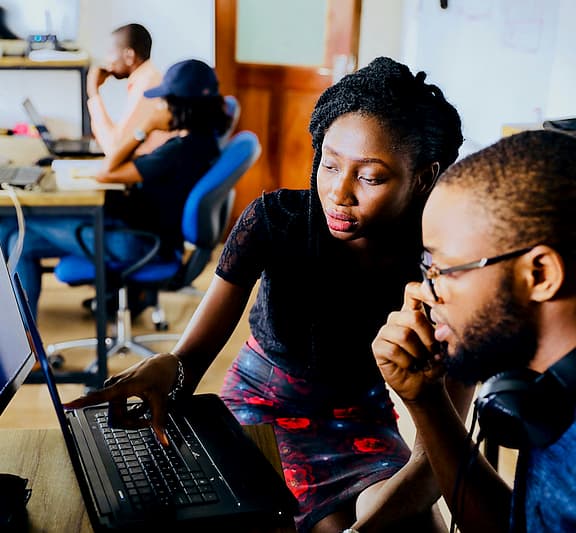Is Forex Trading Legal in the Philippines?
Yes, Forex trading is legal in the Philippines, but it is not directly regulated for retail traders. The Securities and Exchange Commission (SEC) of the Philippines oversees financial markets but currently does not issue licenses for retail Forex brokers.
Filipino traders typically access Forex through international brokers regulated by reputable authorities such as the FCA (UK), ASIC (Australia), or CySEC (Europe), which ensures better client fund protection and transparent trading conditions.
It is important for traders in the Philippines to understand tax obligations on profits from Forex trading and to comply with any foreign currency regulations when funding and withdrawing from offshore brokers.
What Are the Advantages of Using a Regulated Broker?
Below are the key requirements that top-tier regulated Forex brokers must follow to protect traders’ funds and ensure fair treatment:
Client Fund Segregation: Regulated brokers must keep client funds in separate accounts from their operational funds to protect traders in case of financial difficulties.
Financial Oversight and Licensing: Brokers require a license from regulators like ASIC, FCA, or CySEC, which involves:
- Meeting minimum capital requirements
- Maintaining risk management procedures
- Submitting regular financial reports to regulators
Transparent Fees and Risk Warnings: Regulated brokers must clearly disclose all trading costs and risks, including spreads, commissions, leverage, and margin requirements.
Standards of Conduct and Advertising: From marketing to account management, regulated brokers must follow ethical guidelines and fair client treatment practices.
Continuous Audits and Supervision: Regulated brokers are required to submit regular financial statements and may undergo audits or inspections to ensure compliance with regulatory standards.
What Are the Risks of Trading with an Unregulated Broker?
- No fund protection: Unregulated brokers in the Philippines are not required to segregate client funds, risking complete loss if they fail.
- No backup if things go wrong: Regulated brokers under authorities like the FCA, ASIC, or CySEC must follow strict client protection rules, while unregulated brokers provide no recourse if they shut down.
- You could lose more than you invested: Without negative balance protection, sudden price movements can wipe out your account and leave you owing money to the broker.
- They can get away with unfair practices: Unlicensed brokers may manipulate pricing, interfere with trades, or refuse withdrawals.
- Dangerously high leverage: Very high leverage can result in significant losses. Regulated brokers limit leverage to protect traders.
How Do I Verify if a Broker Is Regulated? (Philippines)
The Philippines does not license retail Forex brokers locally, so traders should use brokers regulated by international authorities for safety.
Here’s how Filipino traders can verify a broker’s credentials before depositing funds:
- Look for the licensing statement at the bottom of the broker’s website. It should say:
“This website is operated by [Broker Name], authorised and regulated by [Regulatory Authority].”
- Check the regulator’s official register:
- Search for the broker’s name.
If the broker is listed, it is regulated. If not, it is not authorised.
Note: Regulated brokers clearly display their licence details. If not shown, the broker may not be authorised. Use the regulator’s contact details if needed for verification.
Avoid scam websites:
- Use the official website link from the regulator’s register.
- Check URL spelling carefully (e.g., “avatrade.com” vs. “avatrde.com”).
- Verify HTTPS encryption and SSL certificate by clicking the padlock icon in your browser.












